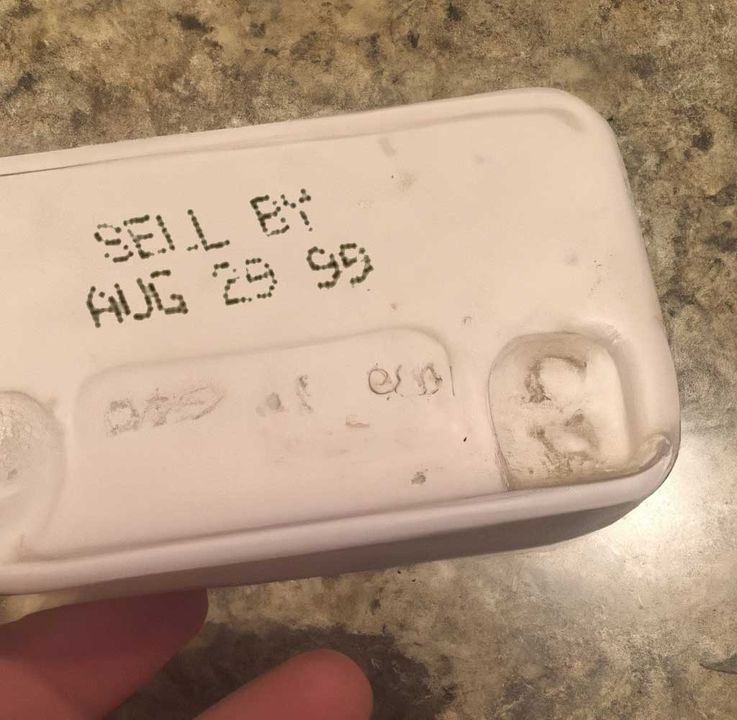Tips for Using Expiration Dates:
- Inspect Before Purchasing: When shopping, check the expiration dates on perishable items to ensure you’re selecting products with sufficient shelf life. Opt for items with later expiration dates to maximize freshness.
- Rotate Stock: Practice the principle of “first in, first out” when storing groceries. Place newer items at the back of the fridge or pantry and move older items to the front to ensure they are used before reaching their expiration dates.
- Store Properly: Proper storage is key to extending the shelf life of perishable foods. Refrigerate or freeze items promptly, adhere to recommended storage temperatures, and store foods in airtight containers to maintain freshness.
- Use Your Senses: Trust your senses to determine the quality and safety of a product, especially if it’s past its expiration date. Look for signs of spoilage such as unusual odors, changes in texture, or discoloration, and discard any items that appear questionable.
- Practice Food Safety: When in doubt, err on the side of caution and adhere to expiration dates for perishable items. Consuming foods beyond their recommended dates may increase the risk of foodborne illness, particularly for individuals with compromised immune systems.
By understanding the meaning of food expiration dates and adopting proper storage and handling practices, consumers can make informed decisions to minimize food waste and ensure the safety and quality of the foods they consume. Remember, while expiration dates provide valuable guidance, they are just one factor to consider in maintaining a healthy and sustainable diet
Continued on the next page
ADVERTISEMENT
